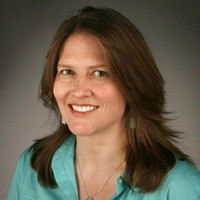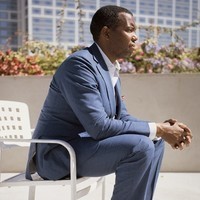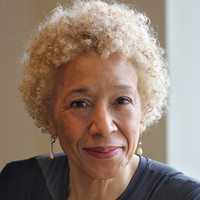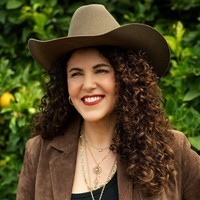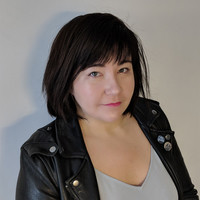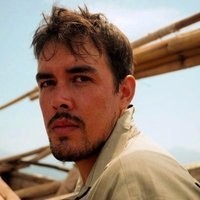Casey Newton covers technology for The Verge and writes The Interface newsletter.
“I remember one time a Facebook employee told me when I wrote something critical and I said something like, ‘Yeah, I know that one was a little harder on you.’ I remember he said to me, ‘Please understand that this helps to make the case internally for changes we want to make.’ When this type of criticism get published when we know that this is the conversation, we can push for these kinds of changes on the inside. If you believe that these platforms are going to be around and that they aren’t going to be shut down and all the executives put into jail, I think what you actually want is to see them get better at things.”
Thanks to MailChimp, The Great Courses Plus, and Pitt Writers for sponsoring this week's episode.


